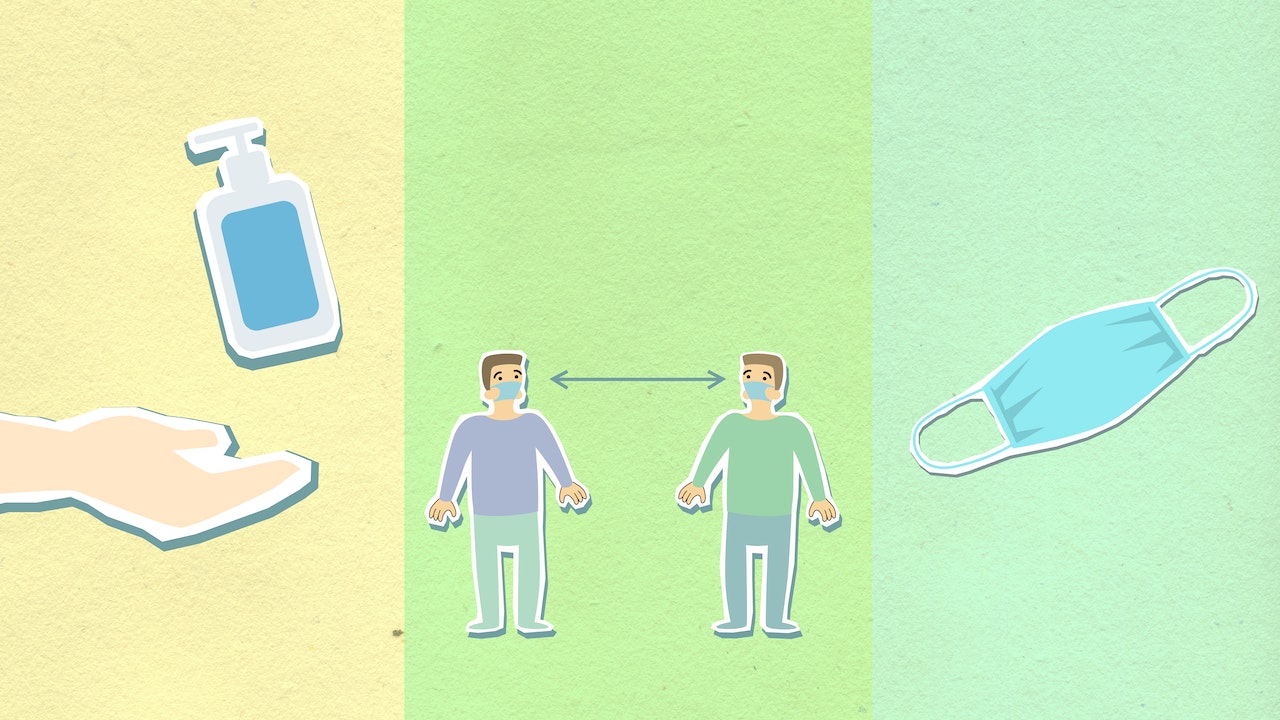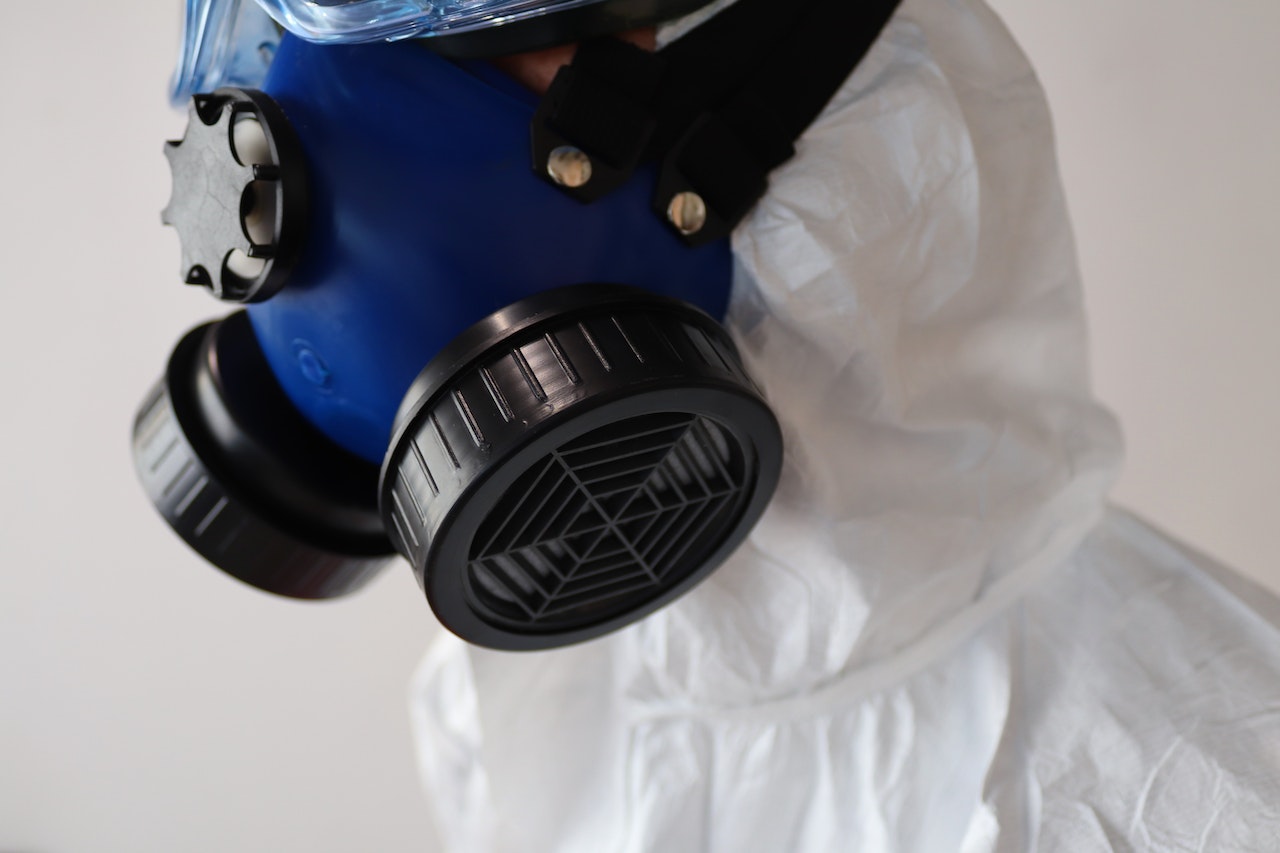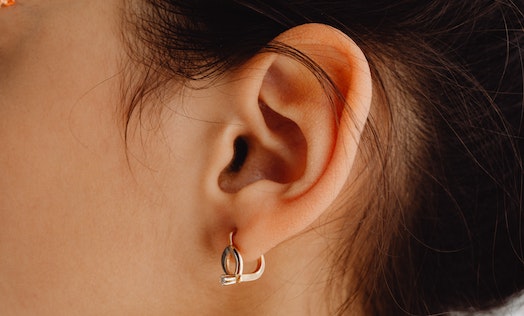Many natural foods are proven to help prevent heart disease and support diabetes. Are these healthy ingredients the real answer to fighting aging, too? Many scientists say yes.
The Best Anti-Aging Diets

Doctors around the world have told people to eat plenty of veggies and fruit for decades. Now, they’re going a step further and specifically recommending two diets for preventing aging: the Mediterranean diet and the MIND diet.
The Mediterranean Diet
An all-around powerhouse for health, the Mediterranean diet supports weight loss, heart health, pain relief and mood benefits. It revolves around home cooking with nutritious ingredients:
- Healthy fats
- Lean proteins
- Whole grains
- Seasonal vegetables
- Fresh fruits
- Wine in moderation
Extra-virgin olive oil and omega-3 fatty acids from fish play a big part.
The MIND Diet
MIND stands for Mediterranean-DASH Intervention for Neurodegenerative Delay. This diet combines elements of Mediterranean eating with other foods that help lower blood pressure:
- Lots of leafy greens (romaine lettuce, cabbage, kale, sprouts, spinach, etc.)
- Plenty of whole grains every day
- Vegetables daily
- Fresh berries each week
- Fish and poultry
- Nuts and beans
Real Science, Real Benefits

These two diets are backed by a large number of studies. In one study, the MIND diet significantly lowered the risk of Alzheimer’s disease and age-related mental decline. The Mediterranean diet appears to keep the brain healthy and prevent dementia.
Scientists aren’t completely sure how these foods help, mainly because they still don’t understand exactly what causes Alzheimer’s disease. Healthy fats such as omega-3s are amazing for fighting inflammation and stress, so maybe that’s what helps the brain stay in excellent shape.
Tasty Ingredients That Fight Aging

When you write down your grocery list, make space for foods that are rich in antioxidants. You also need good sources of protein and nutrients that help your body repair itself. Here are some of the top natural ingredients for avoiding wrinkles, cataracts, depression and dementia.
Salmon
A recent study found that eating fish regularly was the most important factor for long-term brain health. Fish is high in omega-3s, lean protein and antioxidants. Other types of seafood are great, too, including shrimp, clams, tuna, tilapia, trout and Atlantic mackerel.
Berries
Foods with vitamin C can help with overall skin brightness, elasticity, moisturizing and repair. Those things are a recipe for preventing wrinkles. Blueberries, blackberries, raspberries and strawberries are high in vitamin C and several other age-defying antioxidants.
Chicken Breast
Lean protein replenishes your body’s reserves of collagen, an essential building block of smooth skin and healthy joints. Collagen can also contribute to less joint pain and muscle stiffness.
Dark Green Vegetables
Broccoli and spinach aren’t everyone’s favorite veggies, but you’ll love what they do for your eyes. Rich in an antioxidant called lutein, leafy greens can prevent cataracts, reduce glare and improve vision. They also have vitamin B2 and vitamin E for better nerve health.
These natural ingredients help to protect your cells from the damaging effects of pollution, UV rays, anxiety and other causes of premature aging. Other favorites include green tea, turmeric and probiotic foods such as cottage cheese.

























































